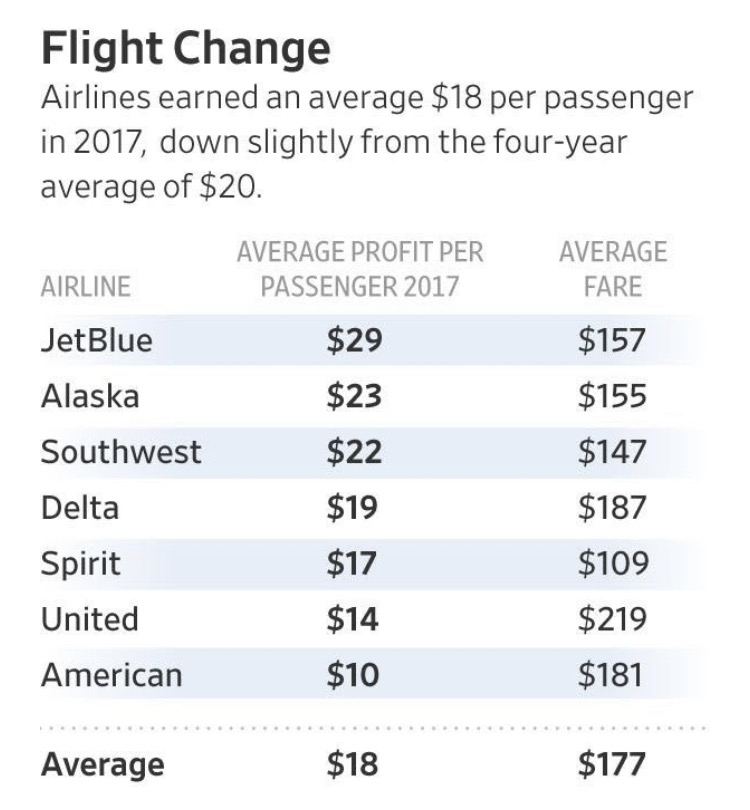Pike
This is Glibov’s Pike poem in Ukrainian
Щука На Щуку хтось бомагу в суд подав, Що буцім би вона такеє виробляла, Що у ставку ніхто життя не мав: Того заїла в смерть, другого обідрала. Піймали Щуку молодці Та в шаплиці Гуртом до суду притаскали, Хоча чуби й мокренькі стали. На той раз суддями були Якіїсь два Осли, Одна нікчемна Шкапа Та два стареньких Цапа,- Усе народ, як бачите, такий Добрячий та плохий. За стряпчого, як завсігди годиться, Була приставлена Лисиця... А чутка у гаю була така, Що ніби Щука та частенько, Як тільки зробиться темненько, Лисиці й шле - то щупачка, То сотеньку карасиків живеньких Або линів гарненьких... Чи справді так було, чи, може, хто збрехав (Хто ворогів не мав!),- А все-таки катюзі, Як кажуть, буде по заслузі. Зійшлися судді, стали розбирать: Коли, і як воно, і що їй присудити? Як не мудруй, а правди ніде діти. Кінців не можна поховать... Не довго думали - рішили - І Щуку на вербі повісити звеліли. - Дозвольте і мені, панове, річ держать,- Тут обізвалася Лисиця.- Розбійницю таку не так судить годиться: Щоб більше жаху їй завдать І щоб усяк боявся так робити, - У річці вражу Щуку утопити! - Розумна річ! - всі зачали гукать. Послухали Лисичку І Щуку кинули - у річку. 1858
How much airlines are making on passengers?
A curious table from The Economist with information on how much airlines make on passengers. Turns out, not that much:

Experience
Is experience exactly the same as pessimism?

Reference Phonetic Alphabet
| CHR | WORD | CHR | WORD |
|---|---|---|---|
| A | Alpha | N | November |
| B | Bravo | O | Oscar/Orange |
| C | Charlie | P | Papa/Prince |
| D | Delta | Q | Quebec/Queen |
| E | Echo | R | Romeo/Radio |
| F | Foxtrot | S | Sierra/Sunday |
| G | Golf | T | Tango/Tiger |
| H | Hotel | U | Uniform |
| I | India | V | Victor |
| J | Juliett/Juliet | W | Whiskey/Water |
| K | Kilo | X | X-ray |
| L | Lima/London | Y | Yellow |
| M | Mike | Z | Zebra/Zulu |
Peter's principle
I’m sure you have heard about Peter’s principle, if not the name then the principle:
In a hierarchy every employee tends to rise to his level of incompetence.
and the corollary:
In time, every post tends to be occupied by an employee who is incompetent to carry out its duties.
But what struck me recently is that I didn’t know how old this principle was. It was first published in 1969! And of course this is not the first time this idea surfaced. In 1910, a Spanish philosopher wrote:
All public employees should be demoted to their immediately lower level, as they have been promoted until turning incompetent.
There are more similar thoughts going back as far as XVIII century!
Peter’s principle has also inspired the Dilbert’s principle formulated in 1995 by Scott Adams:
Leadership is nature’s way of removing morons from the productive flow
Here is how Adams explained it:
I wrote The Dilbert Principle around the concept that in many cases the least competent, least smart people are promoted, simply because they’re the ones you don’t want doing actual work. You want them ordering the doughnuts and yelling at people for not doing their assignments—you know, the easy work. Your heart surgeons and your computer programmers—your smart people—aren’t in management. That principle was literally happening everywhere.